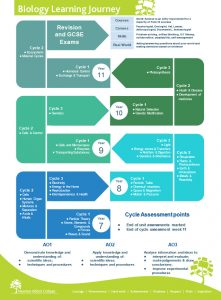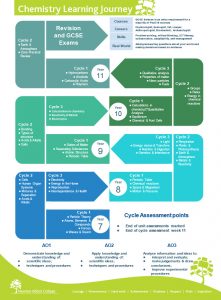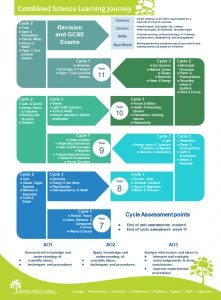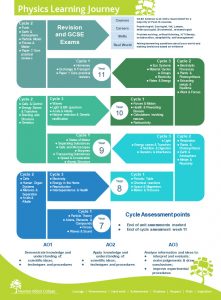Intent
The intent of the science curriculum at Newton Abbot College is to develop curious and enthusiastic science students that seek to question and understand the world around them.
Students learn to use scientific approaches to help to explain these natural phenomena by:
- Developing a strong knowledge and understanding of scientific phenomena through hard work and apply this knowledge to a range of different scenarios
- Achieving their best through effectively communicating science, both written and orally and become strong readers in science
- Using specialist terminology with confidence, accurately and precisely, building up an extended science specific vocabulary so they can access texts both inside and outside of the curriculum
- Developing practical skills which allow them to demonstrate their understanding and applying their mathematical knowledge to science
- Showing respect for opposing arguments, to evaluate and question the validity of the science presented to them
- Having opportunities to develop the STEM skills needed to be successful in modern society (STEM).
- Having the choice of studying science beyond GCSE by achieving their best
- Having enrichment opportunities that are inclusive and develop curiosity, wonder and awe
In the Science Department teachers know each student well, adapting the implementation of the curriculum to cater for the needs of all students. All students are actively encouraged to fully participate in lessons by asking and answering questions and practising/developing their science skills through a range of activities including practical, written and mathematical applications.
We expect all student to take pride in their work and support students through scaffolded tasks ensuring all can access learning and use models to support understanding. We encourage students to have courage to challenge themselves students through the setting of high expectations.






